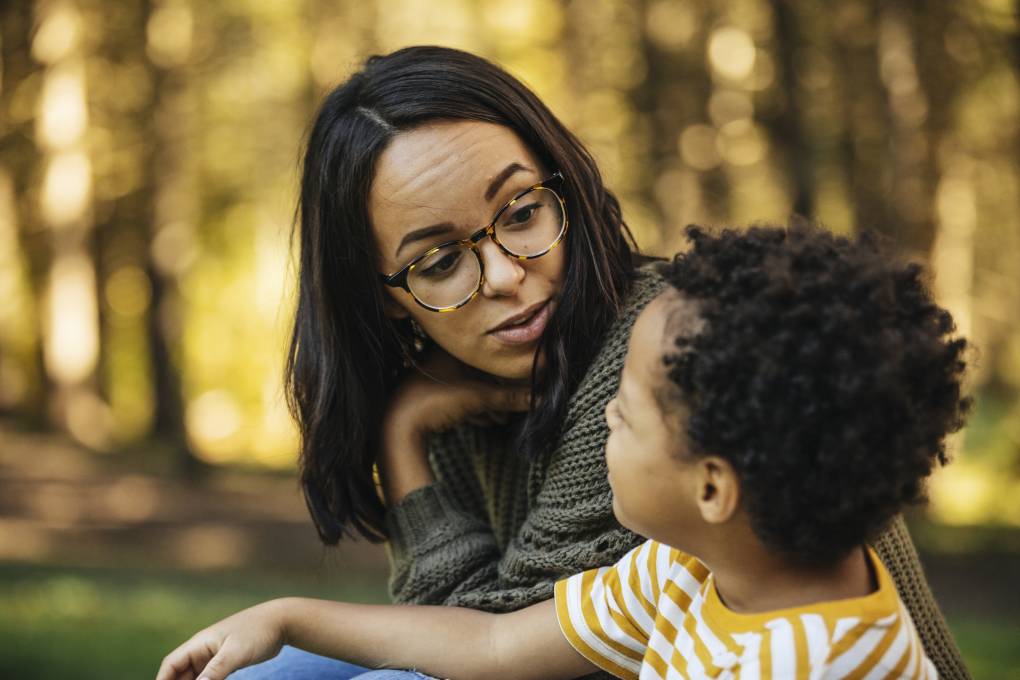
I think there’s two approaches. One is — you can view it as an opportunity for discussion. People often don’t agree — and that’s the beauty of the world, that we can have differing opinions, we can express how we feel. And sometimes that can be an opportunity for discussion and learning and growth.
Other times, when people have very strong opinions, it’s maybe best not to engage and to learn to respect that it’s OK that people will have different opinions. And that you can walk away, and it’s OK to agree to disagree.
What kind of impact can the many graphic images of the war that we are seeing widely shared on social media have on children?
It can impact their sleep. It can impact their sense of safety: Feeling more afraid, having increased anxiety and just general fears. It can sometimes be portrayed in more disruptive behavior — starting to act out, or having temper tantrums or being more defiant. In older kids, you might see them become more withdrawn or isolated.
[It’s] also important to remember that kids’ brains are still developing … the prefrontal cortex doesn’t stop developing until age 26. That’s the part of the brain that’s responsible for things like our ability to regulate our emotions and our behaviors and to problem-solve.
What is the risk of avoiding this conversation entirely?
It might send the message for kids that it’s something that they should be afraid of — if the adults are not even able to bring it up, then it must be a really scary thing.
It might [also] inadvertently send a message of: “It’s not OK to express your feelings or to have opinions about this,” and might make kids feel like they’re completely alone. Especially in times like this — when something of this nature that’s on such a horrible level is happening — all of us tend to feel like we’re going through it alone. And if it’s not brought up, if there’s no opportunity for these conversations, then that might reinforce that.
KQED’s Brian Watt and Alexander Gonzalez contributed to this report.
